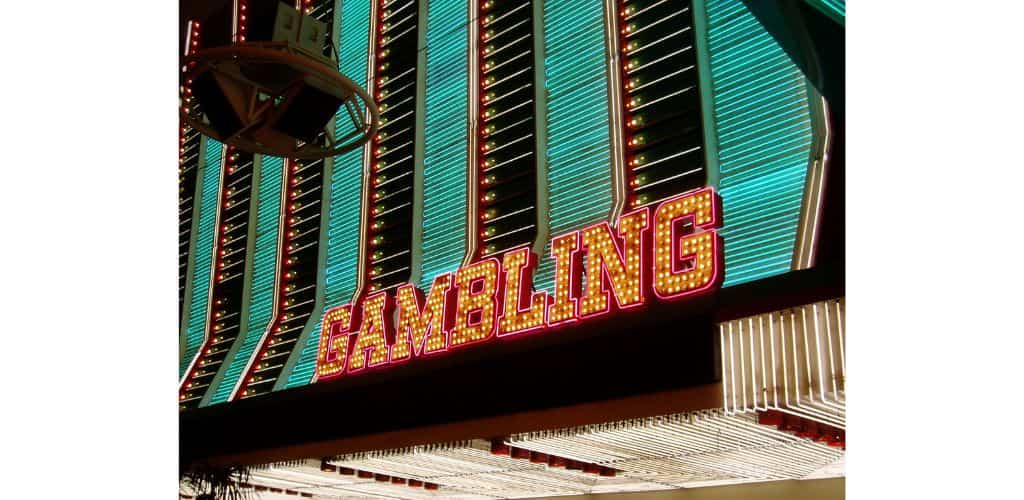The Federal Circuit has affirmed a federal district court’s dismissal of patent infringement suits involving patents for remote gambling, because it found the subject matter not eligible for a patent.
The case is Beteiro, LLC v. DraftKings Inc.
Beteiro owns several patents for an “Apparatus and Method for Facilitating Gaming Activity and/or Gambling Activity.”
As the court noted,
The Asserted Patents disclose a purported invention which “facilitate[s] gaming activity and/or gambling activity at a gaming venue remote from the user’s or individual’s physical location” such that the user can “participate in live gaming activity and/or gambling activity via a user communication device” even if the user is not in the same location as the gaming venue.
One of the patents explains that “many individuals enjoy gambling” but “may not always have access to particular gaming venues or gaming activities,” for reasons including that the individuals may be located in a jurisdiction in which gambling is not lawful.
The patented invention “can determine if the remote gaming activity and/or gambling activity is allowed by the state having jurisdiction” over the individual by determining the location of that individual.
The location is determined using GPS, such as on a cell phone.
In 2021 and 2022, Beteiro filed at least six cases maintaining essentially identical patent infringement claims against defendants in the gambling business.
The complaints alleged that the defendants violated the patents by “provid[ing] a plurality of gambling and event wagering services.”
The defendants filed Rule 12(b)(6) motions to dismiss on the grounds that the asserted patents claim nonpatentable subject matter under 35 U.S.C. § 101, and the district court granted these motions.
The federal circuit agreed with the district court that the challenged claims of the patents at issue are directed to an abstract idea and don’t contain an inventive concept.
The abstract idea, both courts agreed, was “exchanging information concerning a bet and allowing or disallowing the bet based on where the user is located.”
As the circuit court discussed,
The claims before us today exhibit several features that are well-settled indicators of abstractness. First, the claims broadly recite generic steps of a kind we have frequently held are abstract: detecting information, generating and transmitting a notification based on the information, receiving a message (bet request), determining (whether the bet is allowed based on location data), and processing information (allowing or disallowing the bet)….
Second, … the claims are drafted using largely (if not entirely) result-focused functional language, containing no specificity about how the purported invention achieves those results. Claims of this nature are almost always found to be ineligible for patenting under Section 10
Also, the federal court agreed with the district court the patent claims were analogous to longstanding “real-world” (“brick and mortar”) activities:
For example, the district court compared the claimed method to the actions of a teller at a casino that straddled state lines, who “had to ensure patrons were on the Nevada side of the building . . . before accepting a bet.”
The courts concluded that Beteiro’s complaint failed to raise a factual dispute as to whether use of GPS in connection with gaming was “anything other than conventional, routine, and well-understood” at the priority date of the patent—2002.
In the end, said the circuit court, “Beteiro’s claims amount to nothing more than the practice of an abstract idea using conventional (even as of 2002) computer equipment, including GPS on a mobile phone.”
The takeaway here is that patent owners need to include detailed descriptions of an inventive concept to overcome a Section 101 challenge based on an allegedly abstract idea.
Just like the haiku above, we like to keep our posts short and sweet. Hopefully, you found this bite-sized information helpful. If you would like more information, please do not hesitate to contact us here.


